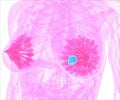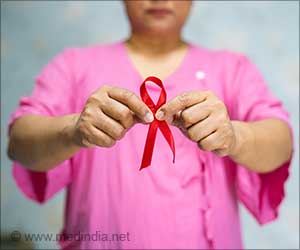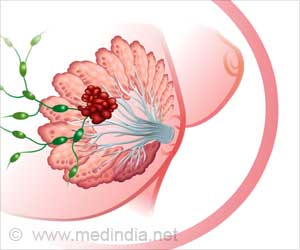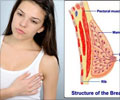Explore the crucial link between breast cancer treatment and heart health. Discover insights on managing risks and promoting well-being.
- Chemotherapy and radiation can pose heart risks during breast cancer treatment
- Advanced techniques reduce heart damage risks in left-sided breast cancer radiation
- Lifestyle factors like poor diet and lack of exercise influence both breast cancer and heart disease
Breast cancer treatments may increase the risk of heart disease
Go to source). Understanding the linkages between breast cancer and heart disease is crucial for the 3 million U.S. women who are survivors of breast cancer, not to mention the 266,000 women who are likely to be diagnosed this year. After all, heart disease kills more women than any other cause each year, and 90% of women already have at least one risk factor for heart disease.
We questioned oncologists at OHSU's Knight Cancer Institute about the link between breast cancer therapy and heart problems, and how they treat their patients accordingly.
Balancing Breast Cancer Treatment and Heart Health
There are many different forms of chemotherapy, but one of the most frequent - and effective - is anthracycline doxorubicin. It works in part by adhering to the DNA of cancer cells, preventing them from multiplying. This is excellent for treating breast cancer, but anthracyclines can cause irreparable heart damage (2✔ ✔Trusted SourceUncertainty and Anticipation in Anxiety
Go to source).
"It's uncommon. "It's only a 1% or 2% chance, but it's devastating if it happens," Dr. Mitri explains. "We discuss this risk with our patients, and some choose chemotherapy options that may be less effective but do not contain anthracyclines."
Chemotherapy can also cause transient heart abnormalities like murmurs and irregular heartbeats.
The good news is that chemotherapy does not appear to raise women's risk of heart disease in the long run. "The risks to the heart of chemotherapy end when treatment ends," says Dr. Mitri.
Radiation Therapy and Heart Health
Long-term heart disease risk is substantially higher in women who receive radiation therapy. Especially for women suffering from cancer of the left breast, which is closer to the heart."Studies show that the risk to the heart appears to be related to the size of the radiation dose," explains Dr. Bornstein. "Higher doses of radiation increase risk more than lower doses."
Dr. Bornstein and her colleagues employ many ways to safeguard the heart in women undergoing radiation treatment for left-sided breast cancer. Deep inspiration breath hold, in which a patient takes a deep breath in and holds it throughout radiotherapy, uses the patient's lungs to create space between the breast and the heart. A prone position can also be used to give radiation. For therapy, the patient lies on her stomach, allowing her breasts to hang down and away from her heart.
There's even more excellent news. The risk of long-term cardiac damage for women receiving radiation now is likely lower than studies indicate. "The studies are looking at the rates of cardiac events in women who had radiation treatments a decade or more ago," explains Dr. Bornstein. "Radiation technology has advanced significantly since then, and we are now very concerned with documenting and minimizing the amount of radiation that the heart receives."
Knowing that breast cancer survivors who got radiation a decade or more ago may be at greater risk of heart disease can be comforting. Women and their doctors can regularly monitor symptoms and early warning indications, such as high blood pressure or high cholesterol.
Bridging Heart Health and Cancer Care
Breast cancer and heart disease have many of the same risk factors, according to researchers. For example, aging, bad food, lack of exercise, and smoking increase your risk of both diseases (3✔ ✔Trusted SourceThe Link Between Breast Cancer and Heart Disease
Go to source).
"Lifestyle changes, such as exercising and losing weight, can reduce your risk of both," adds Dr. Mitri. Living a healthy lifestyle can help breast cancer survivors minimize their risk of heart disease.
The Knight Cardiovascular Institute has a cardio-oncology team because of the linkages between cancer, cancer treatment, and heart disease. These cardiologists with cardio-oncology expertise consult with their colleagues and meet patients before, during, and after cancer therapies.
Shimoli Shah, M.D., a member of the team, is also an expert on heart disease in women, seeing patients at the OHSU Center for Women's Health regularly.
References:
- Breast cancer treatments may increase the risk of heart disease - (https://www.sciencedaily.com/releases/2018/02/180201085812.htm)
- Uncertainty and Anticipation in Anxiety - (https://www.ncbi.nlm.nih.gov/pmc/articles/PMC4276319/)
- The Link Between Breast Cancer and Heart Disease - (https://www.ohsu.edu/womens-health/link-between-breast-cancer-and-heart-disease)
Source-Medindia
















